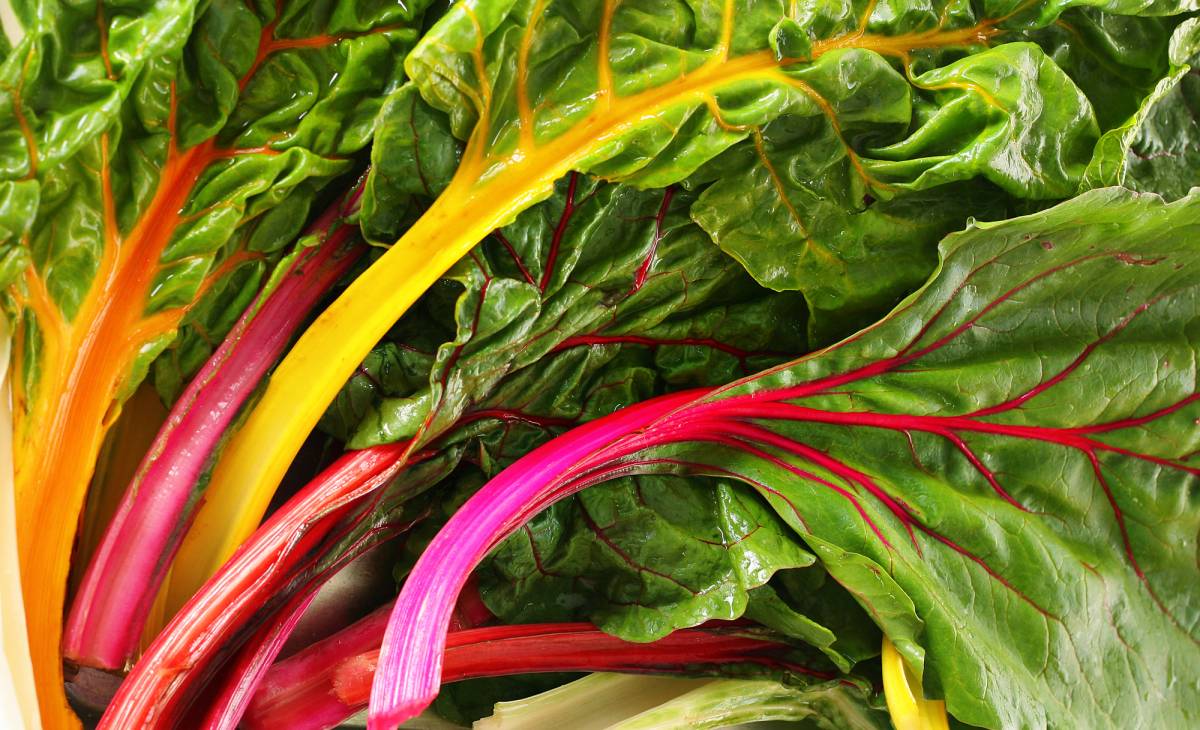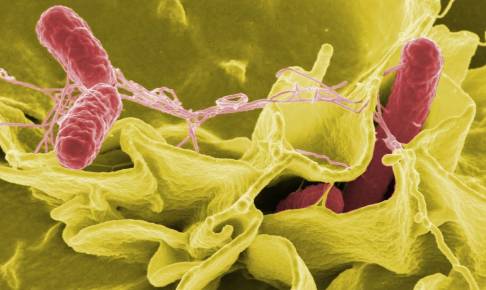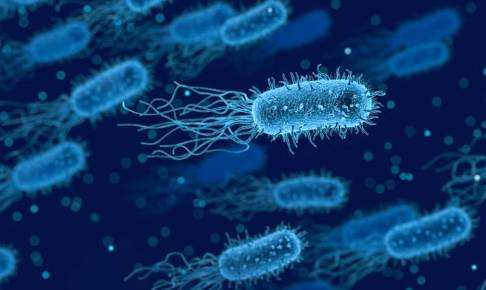Arcobacter risk to the food industry and human health, new findings
A team at the UPV/EHU-University of the Basque Country has studied the presence of various species of the Arcobacter genus in a wide range of foodstuffs.
Several species of the Arcobacter genus can cause gastrointestinal disorders, therefore, they are considered emerging food pathogens. Arcobacter species have become a public health concern, considering i) the lack of knowledge on their pathogenic potential, ii) the increase in their discovery in food samples, and iii) the fact that they benefit from a large number of host species and transmission routes.
The researchers analyzed a total of 220 samples (seafood, vegetables, meat products and fresh cheese) to:
1) establish the presence of the pathogen;
2) evaluate the genetic diversity and the presence of virulence genes;
3) observe the ability of these pathogens to adhere to various surfaces frequently found in food processing environments.
Arcobacter have been found in 22.3% of the samples and the most abundant species in all of them was A. butzleri (the one most often associated with human disorders).
The researchers found that all the species had genes associated with virulent capacities, meaning, they have the capacity to cause infections and disorders in humans.
According to the study, baby squids are a major source of Arcobacter, but the researchers also detected the pathogen in fresh cheese (probably associated with cross-contamination) and many vegetables.
Interestingly, all the lettuces and Swiss chard that tested positive were pre-packed.
Noteworthy, the researchers also detected a species in carrots that had never been characterized before and which also possesses virulence genes.
The results confirm the formation of biofilms caused by Arcobacter bacteria on different food contact surfaces (especially on glass).
According to the authors, this is the first time that the presence of Arcobacter species has been reported in some foodstuffs (i.e. fresh Burgos cheese and carrots).
The researchers highlight the importance of their findings and the possible food safety implications, as some of the foods - where the bacteria have been found - are ready-to-eat products or are often consumed only lightly cooked or raw.
Source:






















